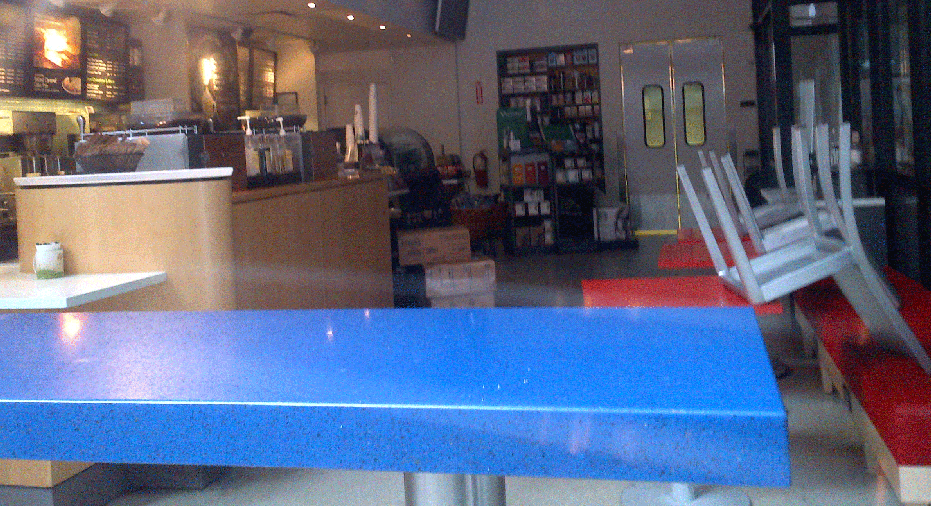No Lights, No Lattes: Sandy Shuts Down Business in New York

In the city that never sleeps, you can always rely on a good cup of coffee. But Hurricane Sandy -- spanning over 900 miles -- has showed its power and New York’s lack-thereof by halting businesses, including Starbucks (NASDAQ:SBUX) and Dunkin' Donuts (NASDAQ:DNKN)
Just to be clear, leaving New York City decaffeinated is the least of anyone’s problems. But the almost 300 Starbucks stores closed up for the second day in a row shows the breadth of impact that Hurricane Sandy has had on businesses on the East Coast, which make up 1/5th of the U.S. economy.
"The safety of our partners -- our employees -- is our number one priority," said a spokesman for Starbucks.
Others seem to feel similarly. The asphalt streets of New York, usually flooded with people, are mostly deserted -- and the businesses that are usually buzzing are mostly shut.
Aside from this uncharacteristic emptiness in the city, there is a serious impact. Moody’s predicts the GDP loss from these shutdowns will be as much as $10 billion a day between the New York and Washington region, with overall economic costs ranging from $30-$50 billion (and could be as high as $100 billion).
Today there is no subway or bus transportation in NYC, leaving millions stranded.
“I can say unequivocally that the MTA last night faced a disaster as devastating as it has ever faced in its history,” said MTA Chairman Joseph Lhota at a press briefing. He also said it may take several days for the subways to be up and running again.
There are almost 2 million people in lower Manhattan without power (over 8 million are without electricity if you include New Jersey and surrounding states). Con Edison said the outages could last days.
FEMA has labeled eleven states disaster areas with President Obama declaring New York and New Jersey major disaster areas.
There are over 16,000 canceled flights resulting from the storm so far, Amtrak has canceled service in and out of the city, affecting nearly 1.5 million travelers and commuters--and the New York Stock Exchange, which hasn’t closed for two consecutive days for weather since 1888, has halted trading until tomorrow.
“[The] city certainly is feeling the impact,” said New York Mayor Michael Bloomberg.



















